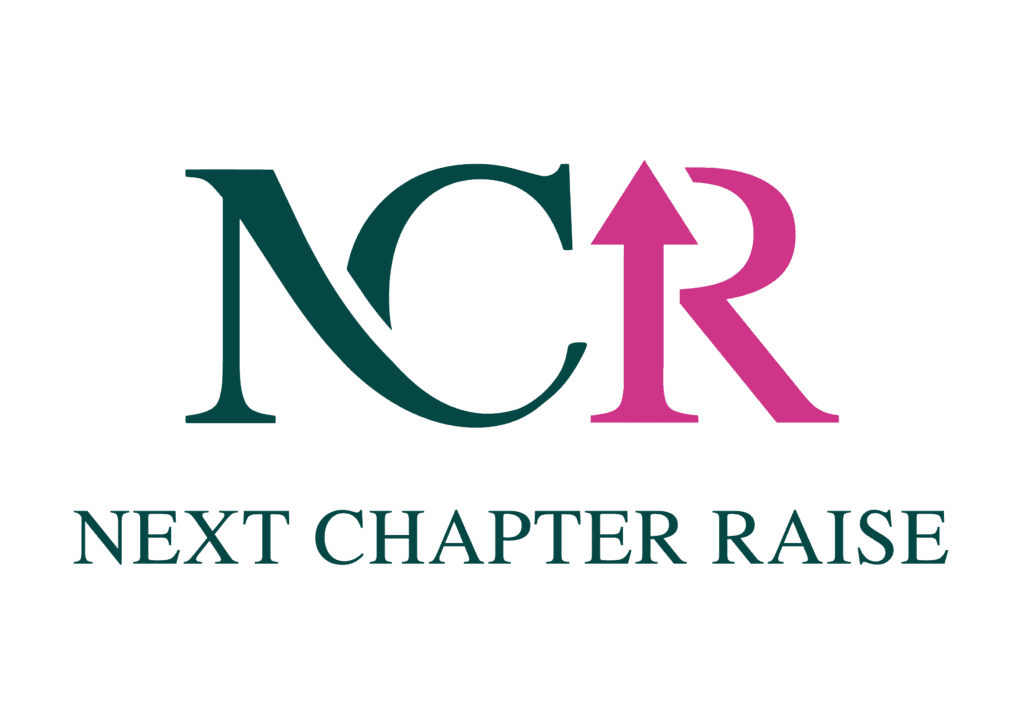Women Scale-Ups, hosted by Next Chapter Raise, a community event for StartMeUpHK Festival 2022, was held on September 5th, 2022, to highlight solutions for local entrepreneurs and global businesswomen to scale up in Hong Kong and beyond.
In a compelling keynote, Christine Ho, Deputy Global Head of Family Office at InvestHK, emphasized her mission to build a robust startup ecosystem in the region to increase the percentage of women-led startups that raise funding. She highlighted the need to increase access to family offices and networking opportunities to make this happen.
This keynote set the stage for an exciting conversation across two panels that covered how women-led startups can scale faster and secrets to fundraising in today’s changing economy.
From Startups to Scale-ups
This session saw a stimulating conversation on scaling startups with Eugiena Pratley, HSBC Global Business Banking, Yina Chan, Principal, Saltagen Ventures, and Andy Lee, co-founder, Sprout.
Citing HSBC’s report on She’s the Business, Eugiena discussed four significant challenges women leaders face that hinder their fundraising endeavours: access to networks, role models, bias from investors, and formal financial knowledge.
While challenges may exist, startup funding is alive and well in the region.
“Startups are raising much more in the latter rounds because they lack financial knowledge in the early stages of their business. This affects their ability to approach and negotiate with potential investors”, reflected Yina when asked to share interesting fundraising trends in Hong Kong.
This lack of knowledge goes quite deep, as echoed by Andy Lee, co-founder of Sprout. He shared his interactions with startups and how they feel uncertain when confronted with conversations around terms of dilution, managing equity, and debt shares, and creating a financial structure that boosts efficiency.
Further, Andy pressed on the importance of fundraising literacy that can genuinely help startups negotiate with sophistication. He also suggested that startups get lawyers to make this process easier and ease the founders into fundraising jargon.
So, even with all the help, how long does it take to raise funds?
All the speakers agreed that it takes longer than most founders think!
Andy suggested starting early to get more time while negotiating and, essentially, avoiding a situation where the organization is pressed for funds and has to take the first deal that comes their way.
Nicole Denholder, founder of Next Chapter Raise, who was moderating the session, raised the question of women-led startups getting fewer opportunities to raise funds in male-dominated industries like tech.
Yina attributed this gap to the early educational journeys of women and suggested that more women need to be motivated in STEM fields. She also pointed out a noticeable difference between the networking style and behavior – while men overplay their achievements and success, women tend to be more humble and collaborative. Insisting on these qualities, she suggested using them as strengths that help improve their managerial prowess.
What are investors looking for in a founder before investing in their idea?
For Yina, it all boils down to the founders being agile and coachable. Understanding when to take advice and implement it is essential and can make them very fundable.
Eugiena also suggested that as founders get started, they must take the time to learn what they didn’t know and ask for help openly to scale faster.
Besides funding, businesses must do much more to go from a startup stage to a fully scaled-up venture.
Andy emphasized three key factors: a scalable, addressable market, a team with proven experience of hitting such scale, and a product or service that can support the scale of business and not break as the number of users increases.
Fireside Chat: Backstage Pass to Successful Fundraising
Next came an exciting panel with two successfully funded business leaders, Bianca Ho, co-founder and COO of WATI.io and Clare.AI, and Winnie Wong, Chief of Staff, Pickupp.
Talking about Pickupp’s success and the pain point it solved for customers, Winnie shared that there was a clear need for a solution that transcended borders while efficiently delivering to unrecognizable addresses without post codes. Their customers were looking for a supply chain network that could provide holistic solutions only available to the big corporations. Pickupp filled this gap perfectly and created a seamless, technology and data-driven experience, harnessing a network of freelance delivery agents, fulfillment warehouses, and pickup/drop-off partners to get closer to their mission.
Like Pickupp, Claire AI, too, has a solid product-market fit.
A WhatsApp integrated solution, Clare AI, is a conversation and messaging space that builds customized digital assistants. It is a solution for businesses to offer sales support and marketing on WhatsApp and will soon expand into other channels to make the process easier for merchants. Bianca’s vision is to do more with less.
Through multiple fundraising rounds Pickup has raised US$50 million, but how did the team decide on the fund deployment? Winnie shared that the team used the funds to simplify the logistics process that required 2-3 local vendors and an additional international vendor for one overseas delivery. By investing in building an extensive network, they now offer a one-stop solution for merchants.
She also posed a fascinating question for founders – does your solution require more investment in tech or staff? Since Pickupp is a solution for merchants, they wanted more interaction to understand their requirements better and offer tailored solutions, which resulted in a non-traditional solution of crowdsourcing delivery agents and partners, and storage and micro-fulfillment spaces.
With this, Nicole brought back the product-market fit conversation that applies to each model. Winnie agreed as they altered their product even further as they understood the merchants better. They now provide product listings, payment gateways, micro-fulfillment spaces, and last-mile delivery services. With such insights into the merchant’s business, they can also share predictive analytics for their inventory.
As a SaaS platform, Bianca explained that since tech is the main area that requires investment, they have deployed funds towards tech and building a management team to support scalability.
On being asked about raising two series of funding in 2021 and how they accelerated the growth, Bianca shared that they hit the right markets and grew fast. Since SaaS is a benchmarked model, financial literacy was a requirement, and they were able to secure Sequoia as an investor.
Winnie spoke about the priority areas for scaling a business and building a network as a service, expanding the addressable market, and selecting the right kind of investor early in the stage – thus creating an efficient system of raising and deploying funds. She also focused on follow-up funding, as the founders looking for investors should understand how much a particular investor is willing to invest in you over a specific period.
Working with an investor that works with you in the longer run, you save time and effort that you can apply to create seamless operation strategies.
Nicole stressed the importance of financial planning and vocabulary and thoroughly research potential investors and their investments.
We thank our panellists for informative and inspiring conversations that will surely help entrepreneurs in Hong Kong and beyond.
We look forward to having more dialogue on raising funds and scaling businesses helmed by women leaders.
The full event video will be made available shortly.
To start your funding education journey, visit www.nextchapterraise.com


